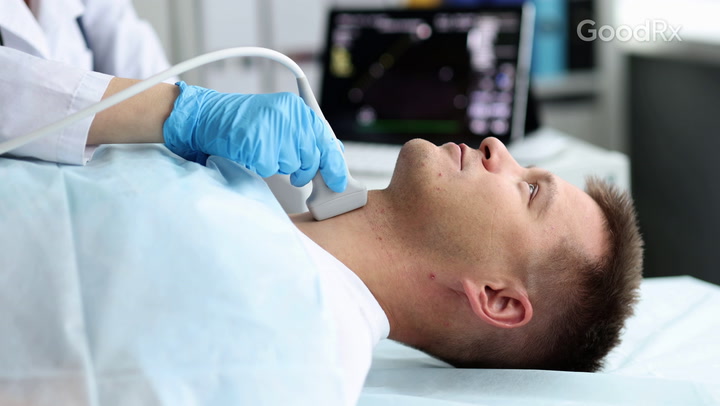
Thyroid health check
A thyroid health check involves assessing the function and structure of the thyroid gland to detect any abnormalities, such as hypothyroidism, hyperthyroidism, thyroid nodules, or thyroid cancer. The thyroid gland plays a crucial role in regulating metabolism, growth, and energy production through the secretion of thyroid hormones. Here’s what a comprehensive thyroid health check typically includes:
Medical History and Physical Examination
- Medical History: Discussing symptoms that might suggest thyroid dysfunction, such as fatigue, weight changes, sensitivity to cold or heat, and changes in heart rate.
- Physical Exam: The doctor may palpate (feel) your neck to check the thyroid gland’s size, shape, and the presence of any nodules.
Blood Tests
- Thyroid-Stimulating Hormone (TSH): Elevated TSH levels typically indicate hypothyroidism (underactive thyroid), while low levels suggest hyperthyroidism (overactive thyroid).
- Free T4 (Thyroxine): Measures the amount of T4 available to the body. Low levels can indicate hypothyroidism, while high levels can suggest hyperthyroidism.
- Free T3 (Triiodothyronine): Sometimes measured in addition to TSH and T4, especially if hyperthyroidism is suspected.
- Thyroid Antibodies: Anti-thyroid peroxidase (anti-TPO) and anti-thyroglobulin antibodies can indicate autoimmune thyroid diseases like Hashimoto’s thyroiditis (leading to hypothyroidism) or Graves’ disease (leading to hyperthyroidism).
Imaging Tests
- Ultrasound: Used to visualize the thyroid’s structure, identify nodules, and assess characteristics that could indicate a risk of cancer or guide biopsy decisions.
- Radioiodine Scan: Involves swallowing a small amount of radioactive iodine to evaluate thyroid function and detect areas of abnormal thyroid tissue.
Fine-Needle Aspiration Biopsy
- If nodules are present, a fine-needle aspiration (FNA) biopsy may be performed to extract cells from the nodule for microscopic examination. This test is crucial for distinguishing between benign and malignant thyroid nodules.
Who Should Have a Thyroid Health Check?
Consider a thyroid health check if you:
- Have symptoms of thyroid dysfunction.
- Have a family history of thyroid disease.
- Are a woman over 60, as the risk of thyroid disorders increases with age and is more common in women.
- Have an autoimmune disease, as this can increase the risk of developing a thyroid disorder.
- Are pregnant or planning to become pregnant, as thyroid hormones are vital for fetal development.
- Have had radiation therapy to the head, neck, or upper chest.
Follow-Up and Treatment
Based on the results of the thyroid health check, treatment may involve:
- Medication: Levothyroxine for hypothyroidism; antithyroid medications, radioactive iodine, or beta-blockers for hyperthyroidism.
- Monitoring: Regular follow-up to monitor thyroid function and adjust treatment as necessary.
- Surgery: In cases of large goiters, suspicious nodules, or confirmed thyroid cancer.
Regular thyroid health checks can help detect thyroid disorders early, allowing for timely treatment and management to maintain overall health and well-being. If you have concerns about your thyroid function or risk factors for thyroid disease, discuss them with your healthcare provider.
To book online select the date and time that suits you best – alternatively, please contact us with any questions via the chat, call or email links provided.
Telephone: 020 7101 3377

